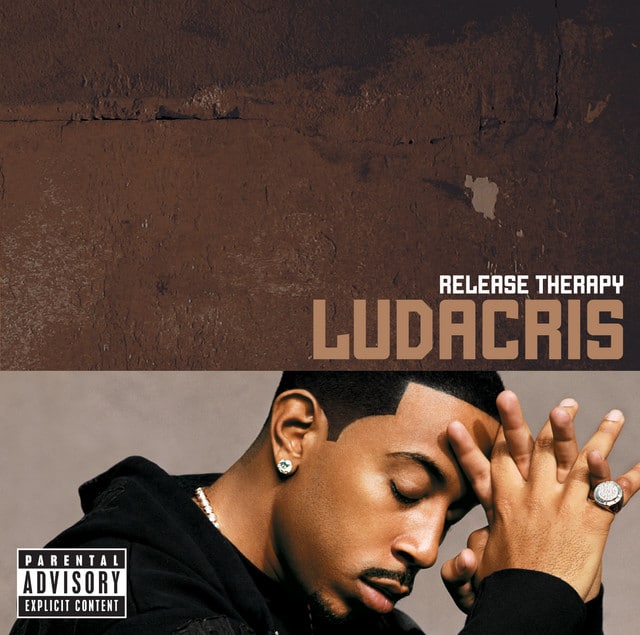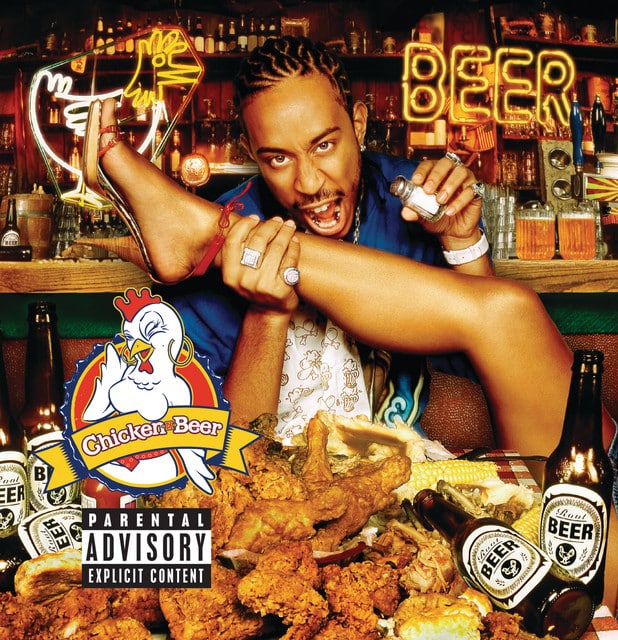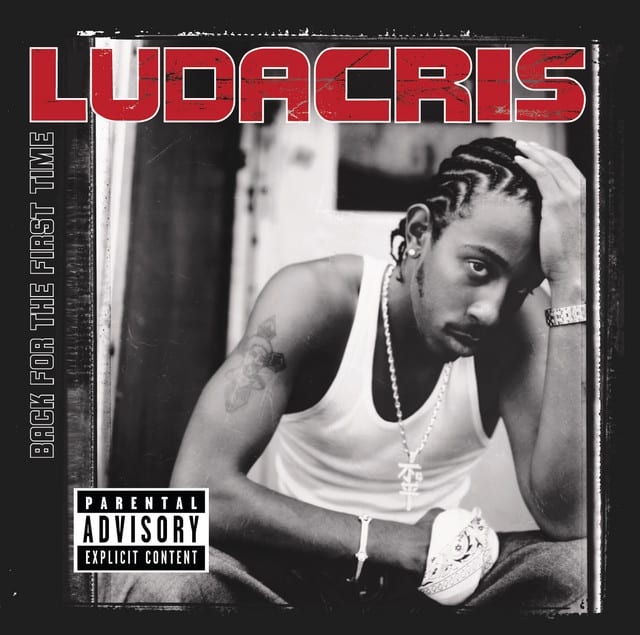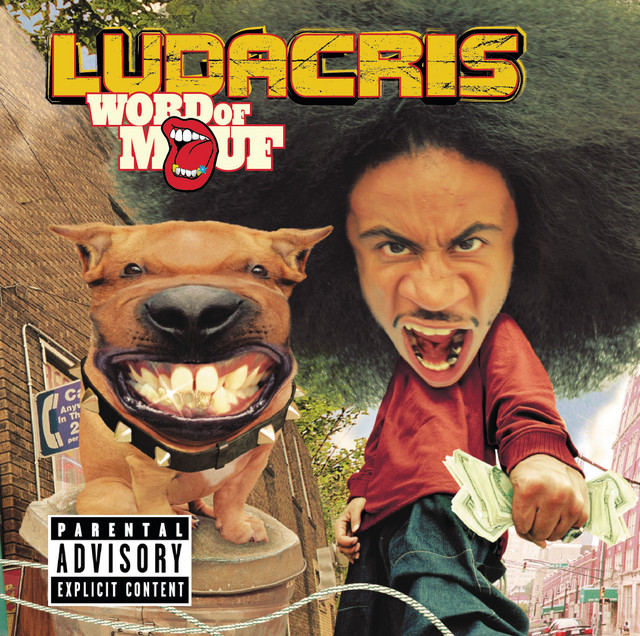Released: 2006 • Features: Pharrell Williams
Let’s dive into the charismatic audacity of “Money Maker” by Pharrell and Ludacris. This is a song that captures the infectious energy of hip-hop swagger, dressed to impress with a language that portrays wealth, virility and unabashed hedonism. From the get-go, Pharrell and Luda lace their lyrics with ostentatious flashes of opulence and a lavish lifestyle which echo throughout the track.
In the hook, “Shake your money maker like somebody ’bout to pay ya,” Pharrell is inviting listeners into the world of opulence. The term “money maker” here refers to a woman’s buttocks, a common source of attraction in hip-hop. The term is also a nod to strip club culture where dancers are paid to shake their “money maker.” The phrase “somebody ’bout to pay ya” implies the anticipation of reward, further enhancing the allure of luxury and excess throughout the song.
The chorus rides on the back of Pharrell’s smooth beats and high-pitched yelping. The phrase “stand next to this money like, eh, eh, eh” communicates the idea of being close to wealth, almost basking in it. This use of language further consolidates the theme of the song – wealth, status, and the ability to obtain what one desires.

Moving onto the first verse, we see Ludacris playfully interacting with a woman by complimenting her and inviting her into his world of riches and extravagance. One powerful line is “I keep my mind on my money, money on my mind,” a phrase previously used by Snoop Dogg on “Gin and Juice,” showing Ludacris pays homage to his hip-hop forefathers while cementing his place among them.
Following up, Ludacris paints a vivid picture of his lifestyle, dropping visuals of private jets and unapologetic partying, all while making promises of unforgettable experiences. The braggadocio is on full display, underlining Ludacris’ confidence in his ability to provide a life of luxury.
Then comes the second verse, where Ludacris continues his sexually charged enticements, leading to the line “backstroke, breaststroke, stroke of a genius, yup!” This double entendre has Ludacris comparing his sexual prowess to the intellectual ability of a genius, the quintessence of braggadocio rap at its finest.
And Luda doesn’t stop there. He labels himself a “bedroom gangster” and the “Renaissance man,” highlighting his multifaceted persona. The reference to the Renaissance, a period marked by significant cultural and artistic development, positions Ludacris as not only an artist but also a patron of the arts, on par with the likes of the Medici family.
As we near the end of the song, Ludacris shouts out “Release Therapy, rock, rock, rock, rock.” Release Therapy is actually the title of Ludacris’ fifth studio album, on which “Money Maker” appears. This self-reference is a clever way to promote the album while maintaining the song’s energetic vibe.
In the final verse, Ludacris brings up the BBC (Billionaire Boys Club), a high-end streetwear brand founded by Pharrell. This showcases Ludacris aligning himself with luxury fashion culture. He then mentions DTP (Disturbing tha Peace), his own record label, reinforcing his self-made credentials and entrepreneurial spirit.
In conclusion, “Money Maker” is a flaunt of the high life, an ode to the work-hard-play-hard ethic of hip-hop. Its lyrical content drips with innuendo and boasts of excessive wealth, underpinned by a slick, infectious beat that makes it an undeniable head-nodder. Delving deeper into the lyrics shows us how Pharrell and Ludacris use language as a playground, serving up a buffet of hip-hop culture, self-promotion, and an unabashed celebration of wealth and status.








